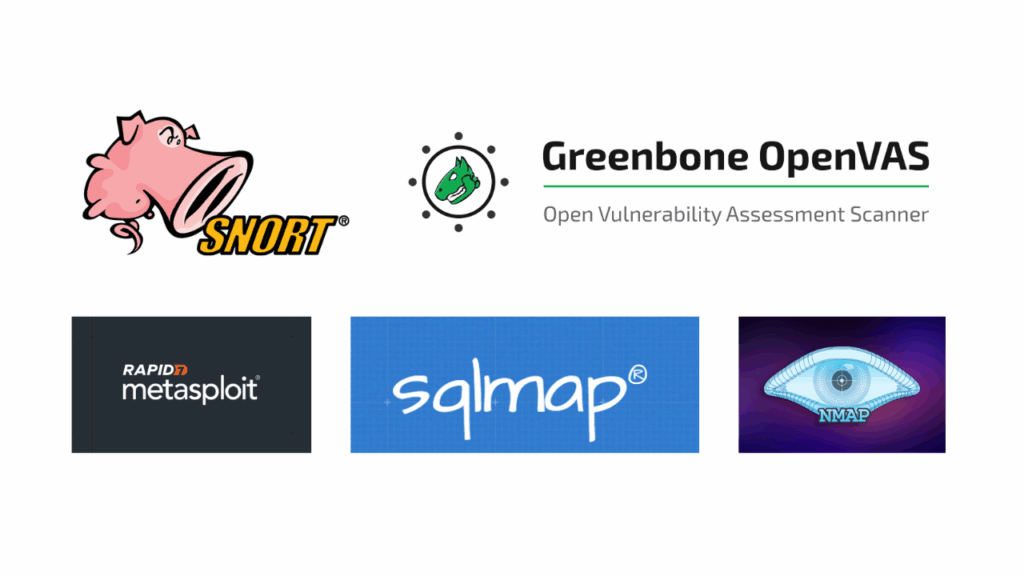Running a website means understanding how vital it is to keep your web server secure from malicious attacks. Hackers and malware can compromise your website’s resources and damage your reputation. That’s why you need to take web server security seriously.
The best way to safeguard your web server is to employ the best security practices to protect your website from hackers and malware.
This blog post will explain why web server security matters, the types, the most common weaknesses, the best practices, and how your options vary from open-source solutions. Read on!
What is Web Server Security?

Web server security is a set of processes for safeguarding your website server and its data from unauthorized access, manipulation, or damage by hackers and malware.
The main job of a web server is to process and deliver an HTTP request for websites, so the implementation of security measures is mainly placed here.
A secure web server ensures the uninterrupted availability, uncompromising integrity, and utmost confidentiality of safeguarded information, only accessible to authorized users.
Types of Web Server Security

There are three main web server security configuration types: confidentiality, availability, and integrity. Check out the explanation for each type:
Confidentiality
This web server security type is employed via client authorization (AuthZ) and client authentication (AuthN).
- AuthZ: ensures website URLs are safeguarded from unauthorized access and requires a principal association to get access.
- AuthN: cues users to input a valid username and password to associate with a principal in the network.
Availability
This type enables rate limiting to safeguard servers from computing resources from malicious DDoS (distributed denial-of-service) attacks or attempts to disrupt a web’s normal traffic.
Integrity
Utilize this type using TLS certificated, HTTPS, and PKI (Public Key Infrastructure) to prove your website’s trustworthiness to users accessing it and that their data is safe from any modification or third-party view.
What are the Most Common Web Server Weaknesses?

Most web servers already have robust security measures backing them up. However, there are still points of weaknesses that target the website and its users’ security, including:
Cross-Site Scripting (XSS) Attacks
XSS attacks happen when an attacker attempts to inject code executed by the user’s browser. Typically, this is performed during a user session where user cookies are sent to the server. The aim is to access user’s protected data.
SQL Injection Attacks
Another attack to access a user’s protected data is SQL injection. It occurs when an attacker inputs malicious code into the database, resulting in a database takeover and exposure of sensitive data.
DoS Attacks
This attack uses bots, viruses, or other tools that flood the target website with high traffic. This way, real users are prevented from accessing the web server or network resource. As a result, users are prevented from processing their purpose.
Web Server Security Best Practices

Keeping your web server safe from possible attacks requires the implementation of the best security practices. Let’s dive into several common best practices for your web server security!
Use Strong Passwords
By default, your passwords must be solid and hard to guess to avoid being easily hacked by malicious actors. It is also vital to change your passwords at least every three months.
Keep Software Updated
Ensure your software is always updated, including the operating system and the web server software. Checking the web server manufacturer’s updated version is crucial to applying security patches.
Use Secure Protocols and Ciphers
Communication encryption with web servers is best performed using AES ciphers and TLS v1.2. Similarly, the description of the information sent to your website by the user should be accompanied by HTTPS protocol (SSL/TLS)—this also ensures that your certificate is valid.
Open Source Security Solutions for Web Servers

There are numerous open source security solutions to safeguard your web servers from possible cyber security threats and attacks. Check out the list below!
Snort
Snort, an open source Intrusion Prevention System (IPS), utilizes rules to detect vicious network activity and generate alerts. It can also be deployed inline to block such packets. Snort is downloadable and configurable for the Community Ruleset (free) and Subscriber Ruleset (paid). The functions include packet sniffing, logging, and intrusion prevention.
SQLmap
SQLmap is a free tool used for penetration testing. It automates detecting and exploiting SQL injection vulnerabilities to gain control of database servers. This software offers numerous switches for tasks such as database fingerprinting, data retrieval, and executing commands on the operating system through out-of-band connections.
Nmap
Nmap is another free tool for network discovery and security auditing. It is helpful for tasks like inventory management and monitoring uptime. The software swiftly scans networks to identify available hosts, their services, and operating systems. It runs on major operating systems, offering additional tools like Zenmap for GUI-based results viewing.
OpenVAS
OpenVAS allows users to scan web server vulnerabilities using any type of vulnerability test. The scanner retrieves vulnerability tests from a regularly updated feed. Also, it is free software so that anyone can use it.
Metasploit
Metasploit is a computer security initiative focusing on vulnerabilities, penetration testing, and IDS signature development. Its flagship component, the open-source Metasploit Framework, enables the creation and execution of exploit code on remote target machines. Additional sub-projects include the Opcode Database, shellcode archive, and related research.
Frequently Asked Questions
Can a web server be hacked?
How secure is a web server?
Does a web server need antivirus?
Conclusion
Web server security is crucial amidst the looming possibilities of cybersecurity attacks. Safeguarding your web server with robust web server security best practices is vital to avoid unauthorized actors compromising your resources and reputation. On top of that, robust security measures also minimize weaknesses like XSS, DoS, and SQL injection attacks.
By utilizing best practices and taking advantage of open sources like Snort, Sqlmap, or Metasploit, you will enhance the security guard for your web server.
If you’re interested in taking better security measures for your web server, contact Fluxgate now!
